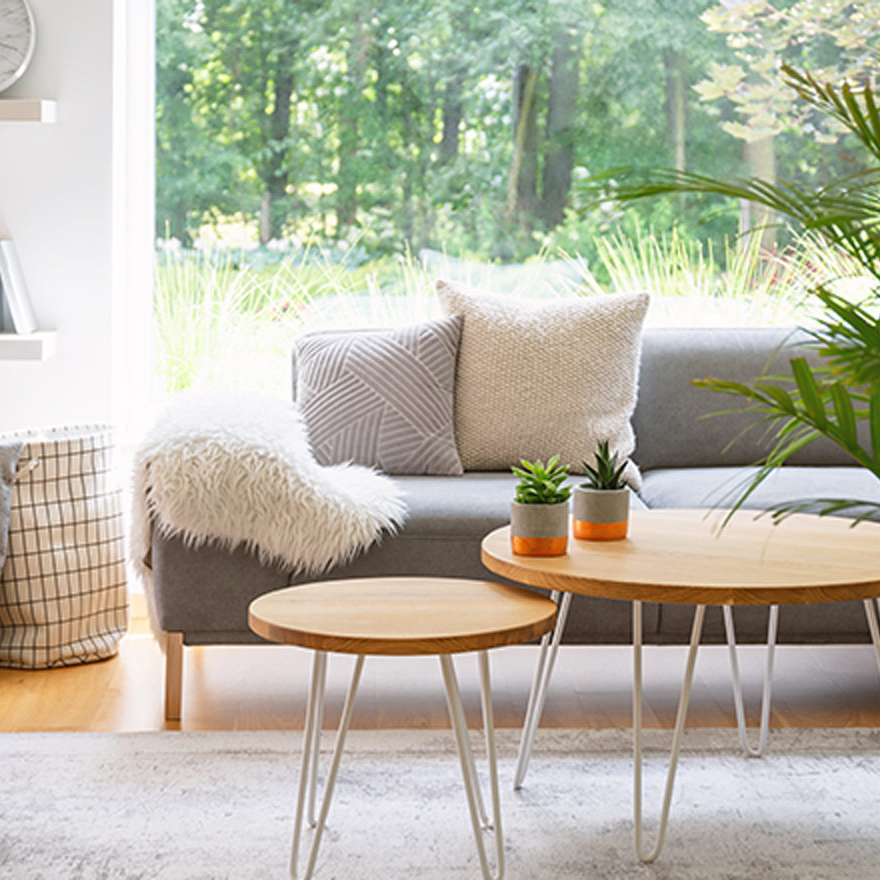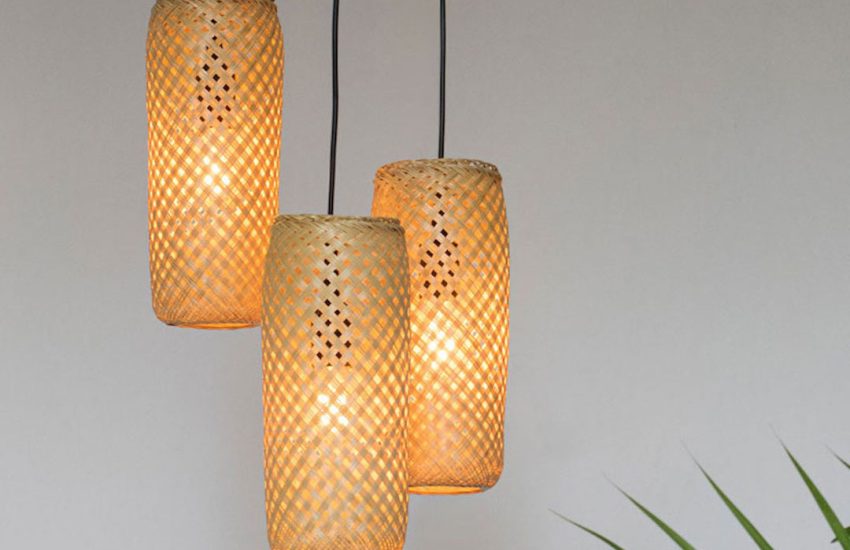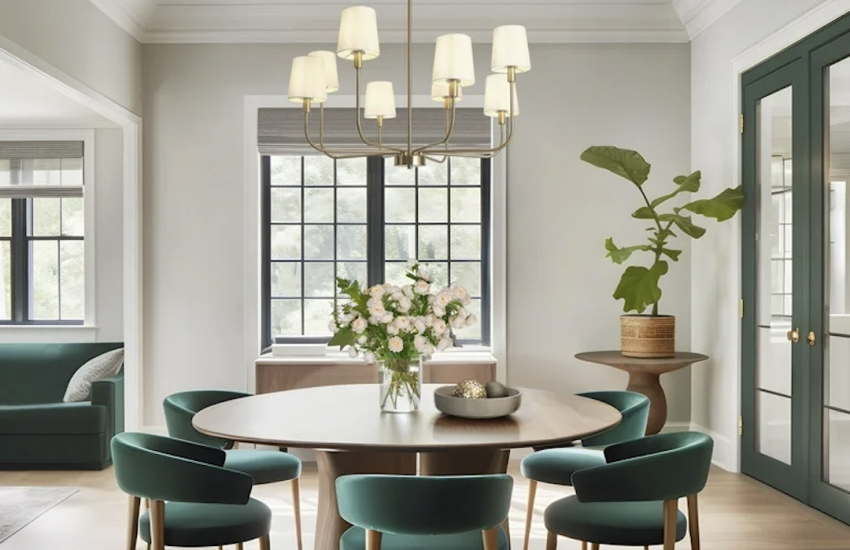
A bedroom is not just a place to rest at the end of the day – it is a sanctuary, a personal retreat where one can unwind and relax after a long day. One of the essential components of creating such an atmosphere is the lighting of the room. In this article, we will explore the importance of bedroom light and how it can enhance comfort, relaxation, and one’s overall well-being.
What Makes a Bedroom Light Important?
Bedroom light is an integral part of creating a comfortable ambiance in the room. Appropriate lighting can transform a dark, dreary space into a bright, inviting haven. Adequate lighting in a bedroom makes it easier to perform tasks such as reading, dressing, and grooming, making it a functional space as well as a relaxing one.
But, bedroom light is not just about creating a functional space – it also has a significant effect on our mood, emotions, and overall health. The right kind of lighting can create a calming and peaceful atmosphere, which can reduce stress levels and promote better sleep. Poor or inadequate lighting can lead to eye strain, headaches, and fatigue – all of which can affect our overall well-being negatively.
The Different Types of Bedroom Lights
When it comes to bedroom light, there are various options to choose from. The three main types are:
- Ambient Lighting – This type of lighting provides overall illumination for the bedroom.
- Task Lighting – This type of lighting is focused and directed, providing light for specific tasks, such as reading or grooming.
- Accent Lighting – This type of lighting is used to highlight decorative or architectural features of the bedroom, or to create a specific mood or ambiance.
How to Choose the Right Bedroom Light
Choosing the right bedroom light depends on various factors, such as the size of the room, the bedroom’s decor, personal preference, and the intended use of the space. Consider the following:
- The size of the room – A larger room may require brighter, more extensive lighting than a smaller one.
- The bedroom’s decor – Choose lights that complement the bedroom’s aesthetic, such as traditional wall sconces or modern pendant lights.
- The intended use of the space – If the bedroom doubles as a workspace or an entertainment area, consider task lighting to illuminate the relevant areas.
The Psychological Benefits of Bedroom Light
Research shows that the right kind of lighting can have a significant impact on our psychological well-being. Adequate lighting can:
- Reduce stress levels – A well-lit bedroom can help promote relaxation and reduce stress levels, especially after a long and tiring day.
- Improve mood – The right kind of lighting can create a peaceful and calming atmosphere, leading to a better mood and overall sense of well-being.
- Promote better sleep – Bright or harsh lighting can interfere with our body’s natural circadian rhythm, leading to poorer sleep quality. Gentle, warm lighting promotes relaxation and encourages better sleep quality.
The Dangers of Overexposure to Blue Light
While bedroom light can be beneficial for our well-being, overexposure to blue light can be detrimental. Blue light is a type of light emitted by electronic devices such as smartphones, tablets, and laptops. Overexposure to blue light can lead to:
- Difficulty falling asleep – Blue light can interfere with melatonin production, leading to difficulty falling asleep.
- Eye strain – Staring at screens for extended periods can lead to eye strain, headaches, and dry eyes.
- Anxiety – Overexposure to blue light can lead to anxiety and stress levels.
To mitigate the negative effects of blue light, it is essential to avoid screen time before bed or use filters that block blue light.

